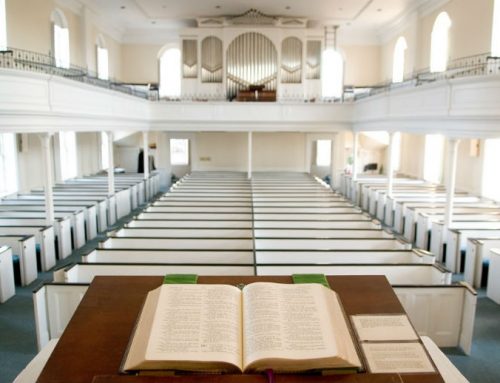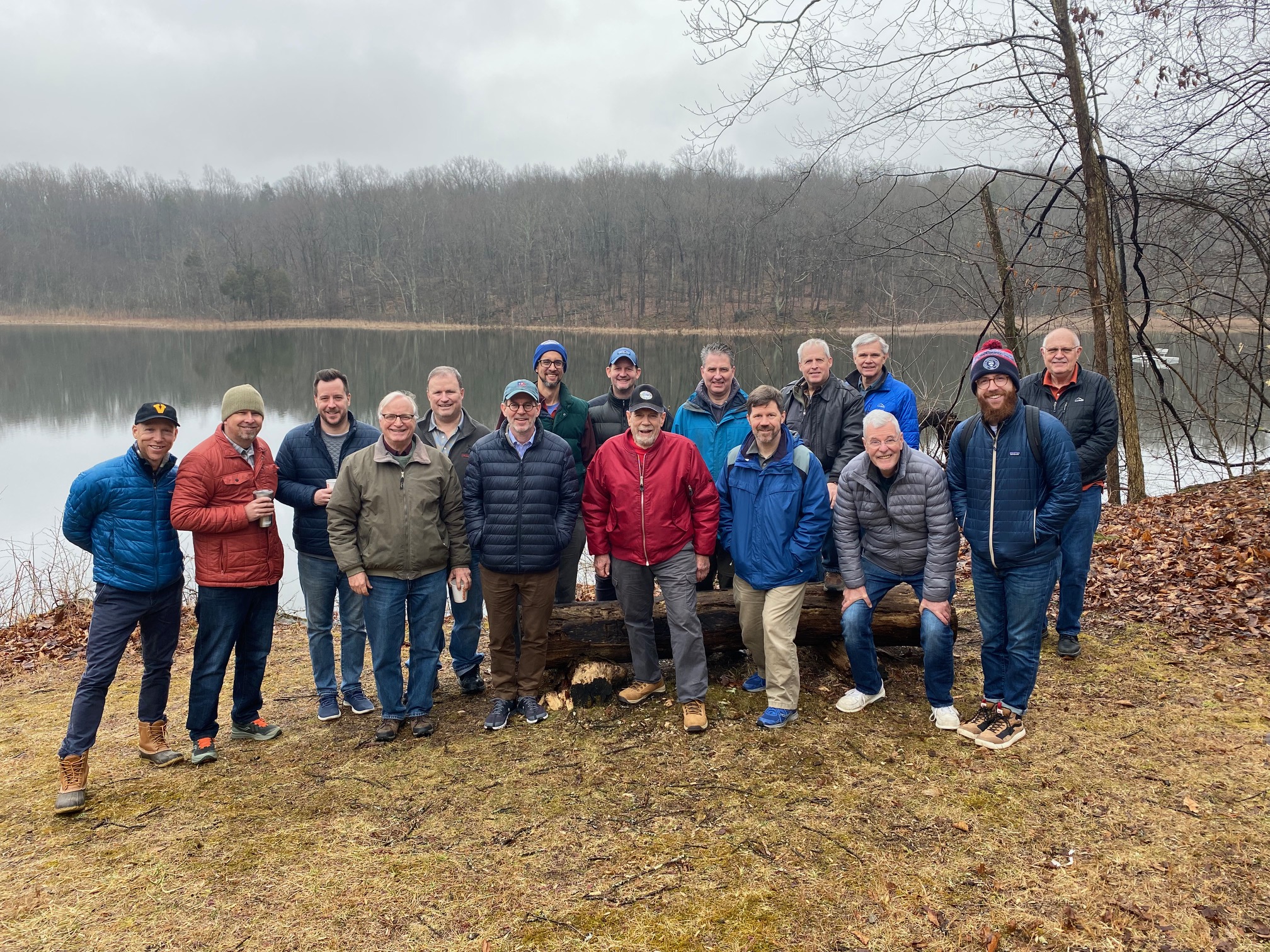by Aaron Sizer / April 2, 2014
I served for a number of years on the Adult Ed committee at Dutch Neck Presbyterian Church, across town from PCOL. Each time October rolled around, we had to come up with an obligatory Sunday school lesson on stewardship, and it could be pretty dull, gray stuff: budgets, programming, perhaps an oblique reference to the widow’s mite. At best, we managed to move the conversation to a consideration of non-financial aspects of stewardship—there are talents, and then there are talents.
It’s too bad that this broader picture of stewardship is so often the endpoint of our discussion, rather than its starting point. Though we pretend otherwise, time and talents are commonly treated as antidotes to that third and most imposing “T,” treasure. They inoculate us against crass money-grubbing.
If we can shake that pattern and start with the assumption that stewardship involves our whole selves, our whole lives, this could and should be a fun conversation to have. It boils down to this: What do you have to contribute? What are you good at, and how can those gifts be of use to the body? One of the several reasons I don’t attend a megachurch is that I believe fundamentally in participatory ministry. We laypeople should teach Sunday school, and lead worship, and serve on committees, and organize events, not merely because the church’s size and funding model make volunteer leadership necessary. The do-it-yourself aspect of church has inherent value: it creates space for us to try new things, to learn about ourselves, and to grow personally and spiritually as we serve one another in community.
Paul reminded the Corinthians that the community’s gifts are various—that the body of Christ needs ears and eyes as well as hands and feet, and that no one of us can say to another, “Because you’re not good at this, you don’t have anything to contribute.” We should feel invited, then, to be ourselves, to experiment with our own abilities, and to do it joyfully, drawing encouragement from the body of Christ as we learn and grow.
In this Lenten season, what are you learning about your own ability to contribute to the work of God in the world, either at PCOL or outside its walls? Are there any growing edges for you? If so, what steps will you take to develop these?
And a final plug: If you’re interested in this conversation, be sure to attend Sunday’s ICL, which will examine what stewardship might mean as a pathway to spiritual growth.



